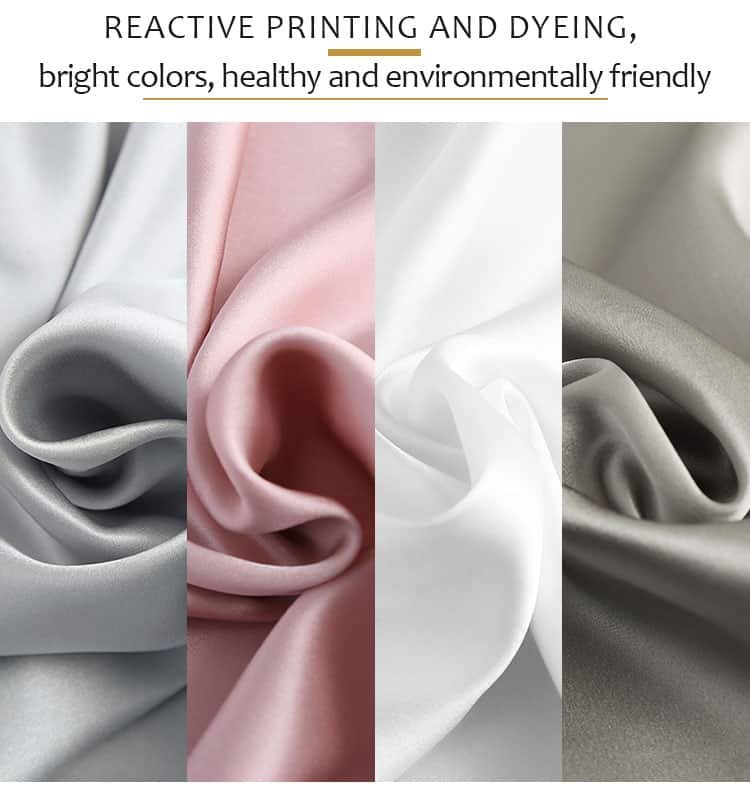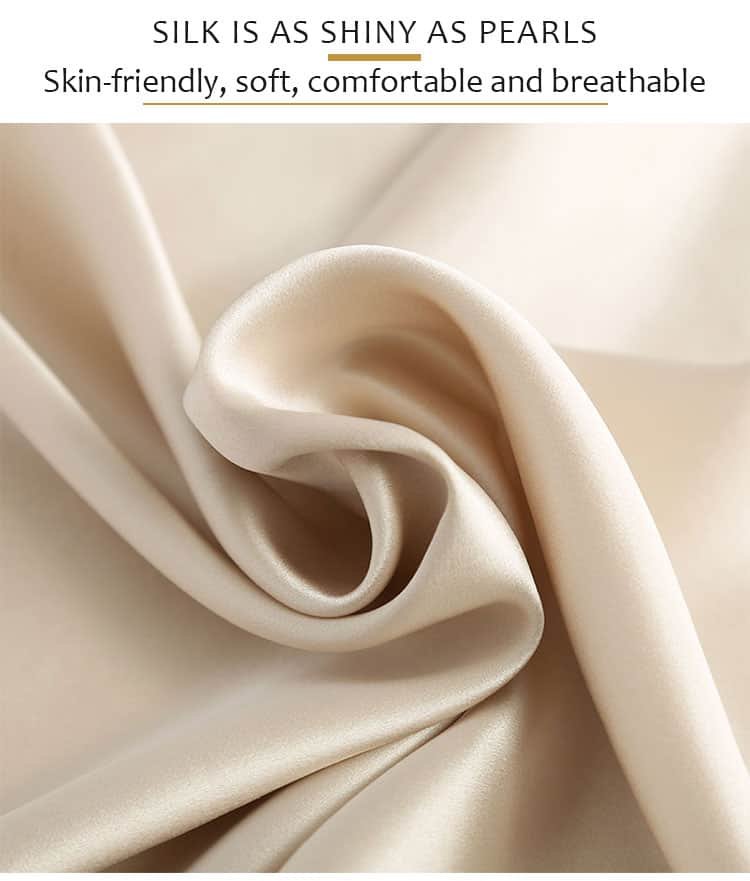Durability, radiance, absorbency, stretchiness, vitality, and more are what you get from silk.
Its prominence in the world of fashion is no recent achievement. If you wonder while it is relatively more expensive than other fabrics, the truth is hidden in its history.
As far back as when China dominated the silk industry, it was regarded as a luxurious material. Only monarchs and wealthy people could afford it. It was so invaluable that it was once used as a medium of exchange.
However, the moment the color starts to fade off, it becomes unfit for the luxurious purposes you purchased it to serve.
An average would trash it. But you don’t have to. In this article, you will learn how to fix color faded problems on your silk. Keep reading!
Just before we go into the procedures, it’d be good that you’re aware of some facts about silk.
Facts about silk
- Silk is primarily made of a protein called fibroin. Fibroin is an innate fiber generated by insects including honey bees, hornets, weaver ants, silkworms, and the likes.
- Being a highly absorbent fabric, it is one of the best fabrics for making summer coats.
Now let’s talk about color fading.
Color fading in silk
Color fading happens when the pigments in the silk lose their molecular attraction with the fabric. In return, the material starts losing its brightness. And finally, the color change starts becoming visible.
Have you ever wondered why silk color fades? The most prominent cause is bleaching. Sometimes, due to chemical reactions. But in most cases, fading occurs as a result of continuous exposure to sunlight.
Other causes include – the use of low-quality dyes, incorrect dyeing techniques, the use of hot water for washing, wear, and tear, and so on.
The best way to prevent color fading in silk is to keep to the manufacturer’s instructions. Let’s run through some of them – Do not use water hotter than recommended, for laundry, avoid washing with a washing machine, and use only the recommended soaps and curing solution.
Steps to fix a faded silk
Fading is not unique to silk, almost every fabric fades when exposed to harsh conditions. You don’t have to try out every single solution that comes your way. The following are simple homemade remedies to fix faded silk.
Method one: Add salt
Adding salt to your regular wash is one of the remedies to making your faded silk material look brand new again. The use of normal household supplies like hydrogen peroxide mixed with equal water is not left out, soak the silk to this solution for some time and then wash carefully.
Method two: Soak with vinegar
Another way out is to soak with vinegar before washing. It also helps in taking away a faded look.
Method three: Use baking soda and dye
The first two methods are most appropriate if the fabric got faded as a result of stains. But in case you have tried them out and your silk is still dull, you can make use of baking soda and dye.
How to fix a faded black silk pillowcase
Here are simple quick fix steps you can take to restore the brightness of your faded silk pillowcase.
- Step one
Pour ¼ cup of white vinegar inside a bowl with warm water.
- Step two
Stir the mixture well and submerge the pillowcase inside the solution.
- Step three
Leave the pillowcase in the water till it is thoroughly soaked.
- Step four
Remove the pillowcase and rinse properly. You must ensure you rinse well till all the vinegar and its smell are gone.
- Step five
Squeeze gently and spread on a hook or line that is not exposed to sunlight. Like I mentioned earlier, sunlight hastens color fading in fabrics.
What you should do before purchasing a silk fabric?
Color fading is one of the reasons why some manufacturers lose their customers. Or what do you expect from a customer who didn’t get value for his money? There’s no way he’d return to the same manufacturer for a second purchase.
Before getting a silk fabric, ask your manufacturer to give you the test report for the colorfastness of the silk fabric. I’m sure you won’t want a silk fabric that changes color after washing it two or three times.
Laboratory reports of colorfastness reveal how durable a fabric material is.
Let me briefly explain what color fastness is the process of testing the durability of a fabric, in terms of how quickly it’d respond to varieties of fading-causing agents
As a buyer, whether a direct customer or retailer/wholesaler, it is imperative that you know how the silk fabric you’re buying reacts to washing, ironing, and sunlight. Plus, colorfastness reveals the fabrics’ resistance level to sweat.
You may choose to overlook some details of the report if you are a direct customer. However, doing this as a seller could set your business on a down slip. You and I know this could drive away customers away from you if the fabrics turn out bad.
For direct customers, the choice of whether to overlook some fastest report details depends on the intended details of the fabric.
Here’s your best bet. Before shipment, make sure what the manufacturer is offering meets your needs or the requirements of your target customers as the case may be. This way, you won’t have to struggle with customer retention. Value is enough to attract loyalty.
But if the test report is not available, you can run some checks yourself. Request a part of the fabric you’re buying from the manufacturer and wash with chlorinated water and seawater. Afterward, press it with a hot laundry iron. All these would give you an idea of how durable the silk material is.
Conclusion
Silk materials are durable, however, they should be handled with care. If any of your so clothing gets faded, you can make it new again by following any of the methods aforementioned.




